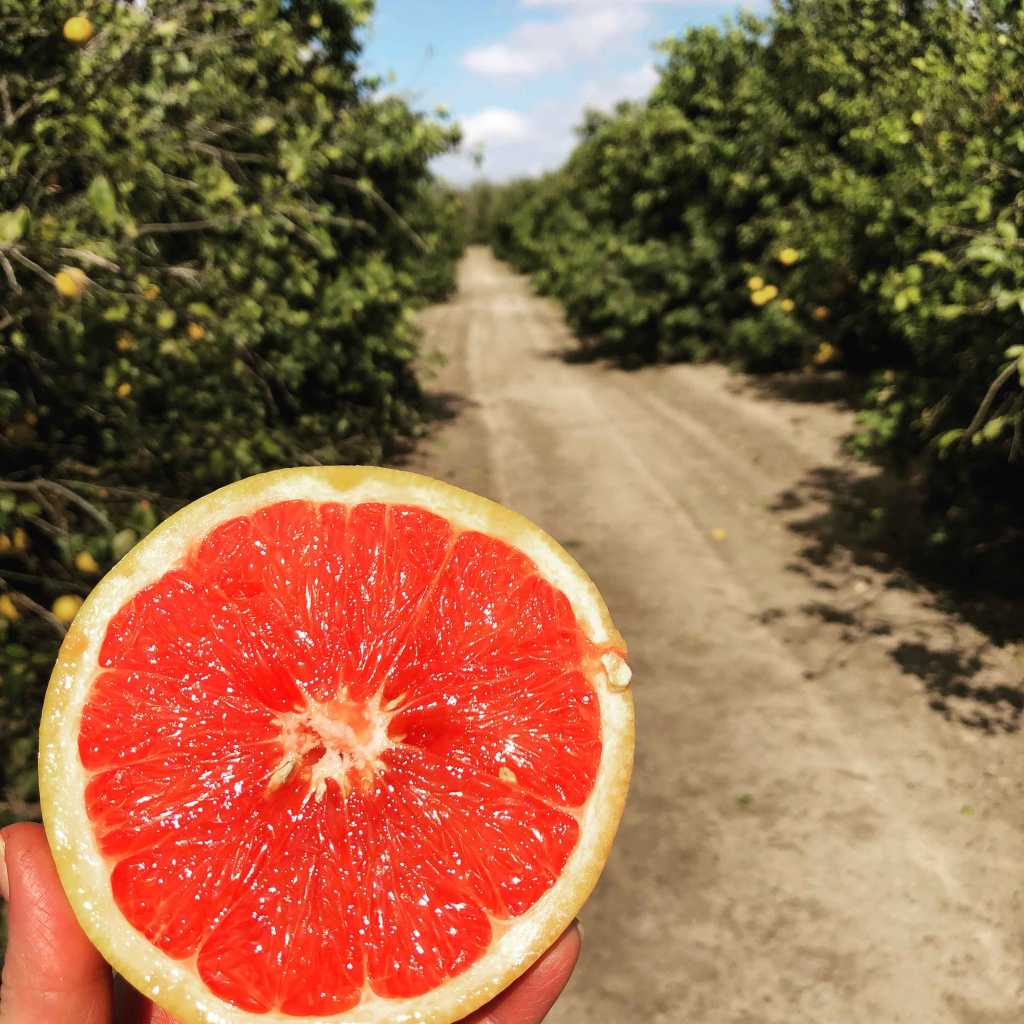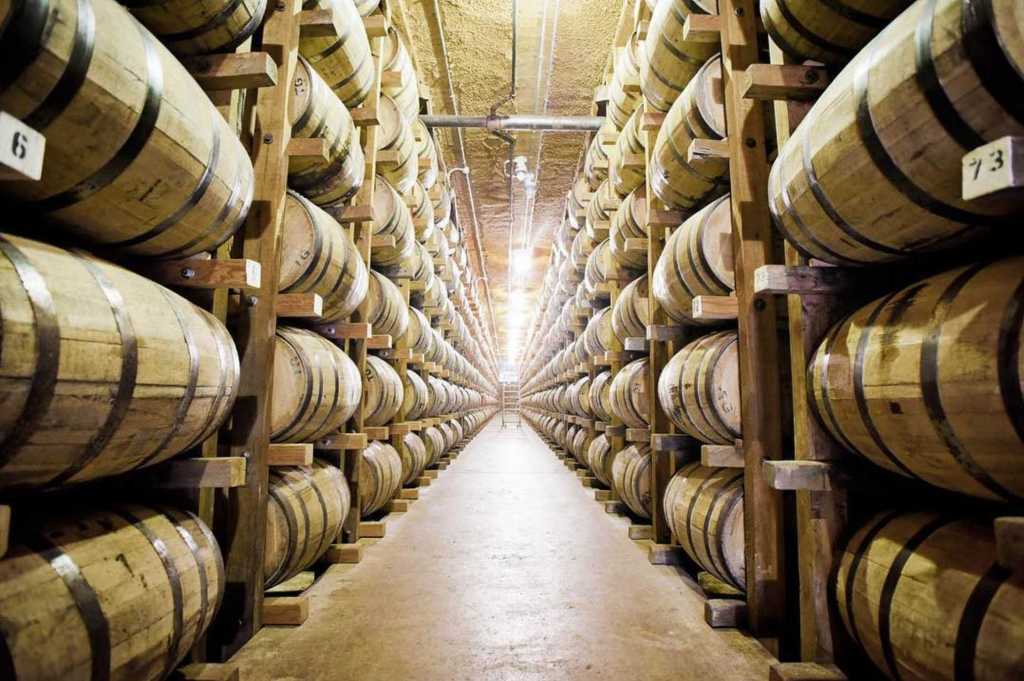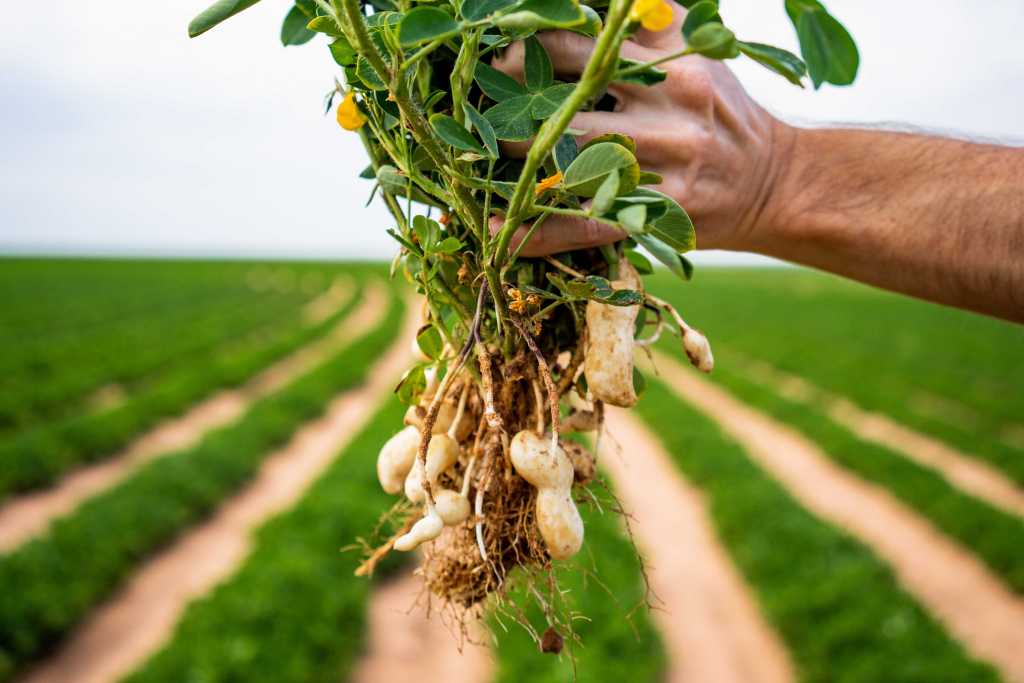The Lone Star State is home to 181 distilleries, making Texas the fourth largest spirits producer in the United States. Craft distilleries have experienced rapid growth over the past decade in Texas.
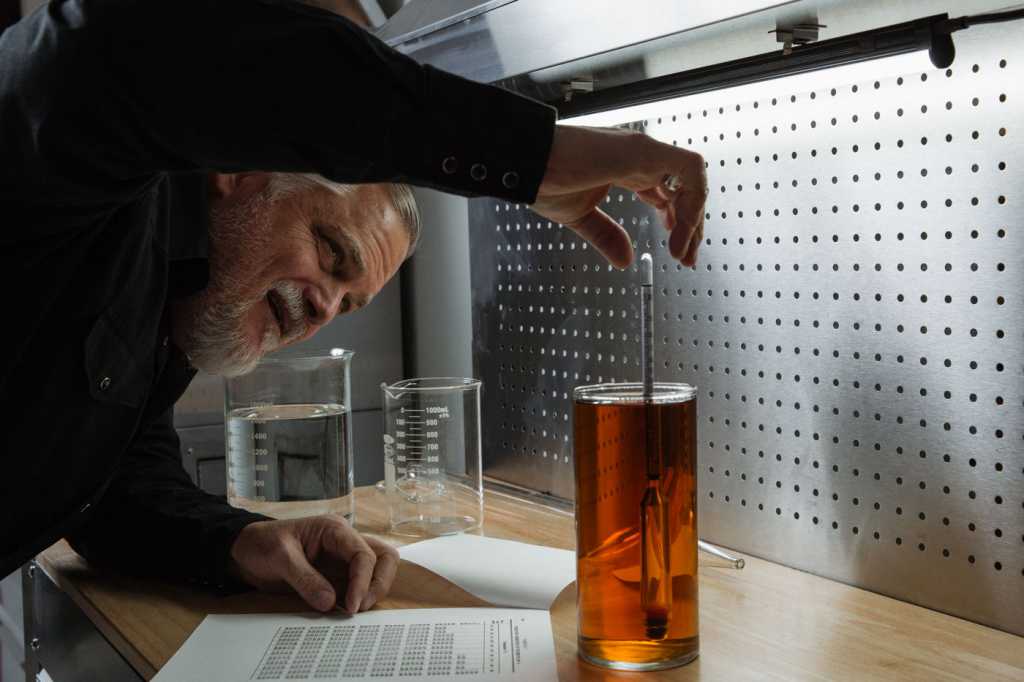
Mike Cameron, President of the Texas Distilled Spirits Association and President/ Co-Founder of Devils River Whiskey, points towards the Craft Beverage Modernization Act (CBMA) as a catalyst to that growth. “Enacted for the 2018 and 2019 calendar years, the federal government’s passage of the CBMA provided tax relief for brewers, winemakers, and distillers. It lowered the federal excise tax from $13.50 to $2.70 per proof gallon for distilled spirits. This reduction has allowed for many Texas distilleries to create new jobs, purchase new equipment and offer health insurance and retirement benefits to their employees. It has also allowed Texas distilleries to put more money into expansion projects that help bring tourism dollars to our state,” explains Mike Cameron.
The CBMA was extended for one year in December of 2019 and then made permanent in December 2020.
Grains, water, climate and more – the impact of the environment and agriculture on craft distilleries in Texas
Texas is the number three state in the United States for whiskey production and the number one state for vodka production. These achievements are not without reason.
According to Mike Cameron, “Texans have a lot of pride in the Lone Star State and their purchasing habits reflect their love for anything Texan. In fact, according to the Texas Department of Agriculture (TDA), 97% of Texas consumers believe products that come from Texas are ‘superior to their domestic and imported counterparts’. This pride has lead our members to create steadfast partnerships with farmers throughout Texas that not only provide corn, wheat grain, rye and barley to make whiskey, but also local citrus, lavender, pecans, and even Desert Spoon and species of Artemisia to make other exciting spirits.”

A closer look at craft distilleries in Texas reveals that many of the ingredients used to produce spirits are Texan ingredients. As the name suggests, Devils River Whiskey is made with the naturally-filtered limestone spring water of the Devils River in southwestern Texas.
A source of water considered to be one of the purest in Texas.
Aside from water, Texas has a wide-ranging climate that contributes to farming ingredients for spirits as well as the maturing process of spirits. Firestone & Robertson, for example, have created a TX Straight Bourbon with grains exclusively made from corn, wheat, and barley grown in Texas. In addition, the whiskey is fermented with their own proprietary strain of yeast, captured from a Texas pecan. With close ties to Texas farmers and a variety of products, Texas distillers have the opportunity to create innovative spirits and experiment with flavors using high-quality, locally sourced ingredients.
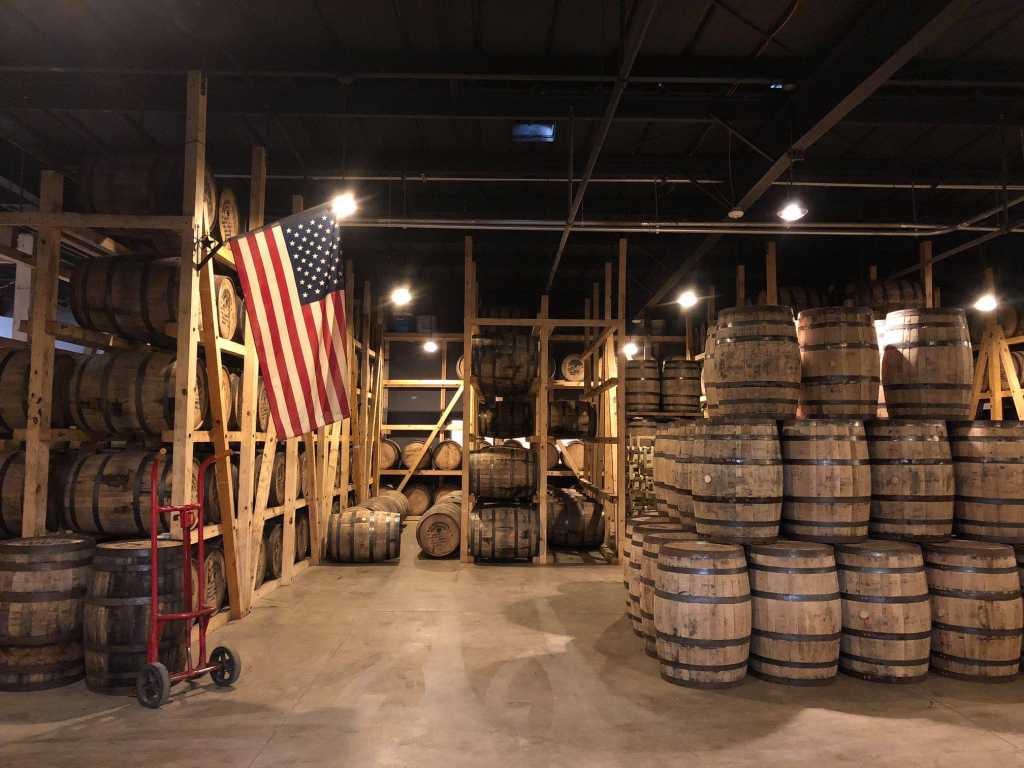
Beyond ingredients, spirits get their character from where they are aged. Mike Cameron explains, “the advantage of aging whiskey in the hot Texas climate is twofold. First and foremost, the hot temperatures in Texas increase the barometric pressure inside the oak whiskey cask and force the distillate into the staves of the barrel. By spending more time in the wood of the cask, the whiskey captures more of the sugars, vanillians and lignins of the wood which in turn, imparts deeper, richer and bolder flavor elements.”
It is no secret that whiskey will taste different depending on the climate of where it was matured. From hot to even subtropical humid, the ranging climates within Texas are a contributor to the diversity of Texas whiskey. The same whiskey matured in different areas of Texas are likely to have different aroma and flavor profiles based on the environment they were in. Distillers and whiskey enthusiasts are likely to consider these differences important to the whole local flavor mentality.
According to Mike Cameron, “the second advantage to aging whiskey in Texas is that the aging process is naturally accelerated and can be as much as half of the aging process as it might be in other, more seasonal regions of the United States.” Another advantage that surely played its part in the boom of hand-crafted local Texas spirits.
Are you an importer or business looking for Texas Distilled Spirits or Texas Whiskey in Europe? Feel free to reach out to Phaff Export Marketing, the in-market consultant for the Texas Department of Agriculture.

